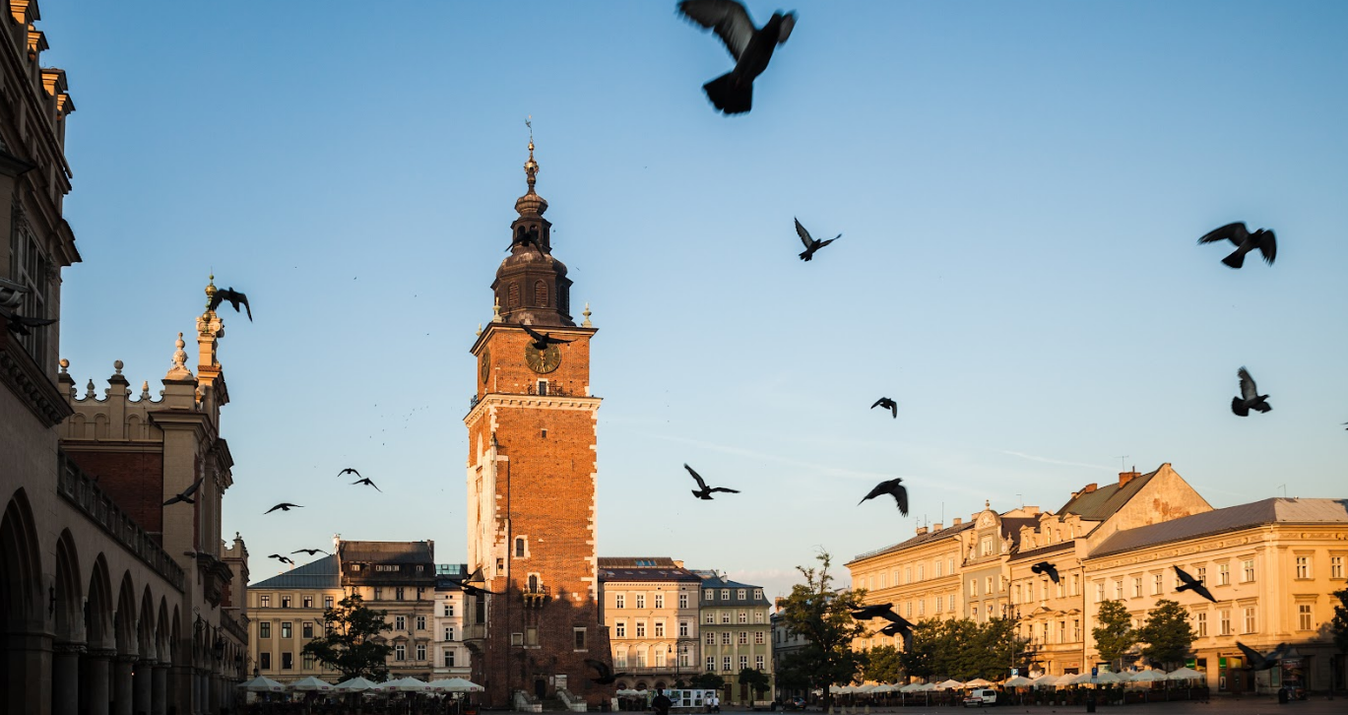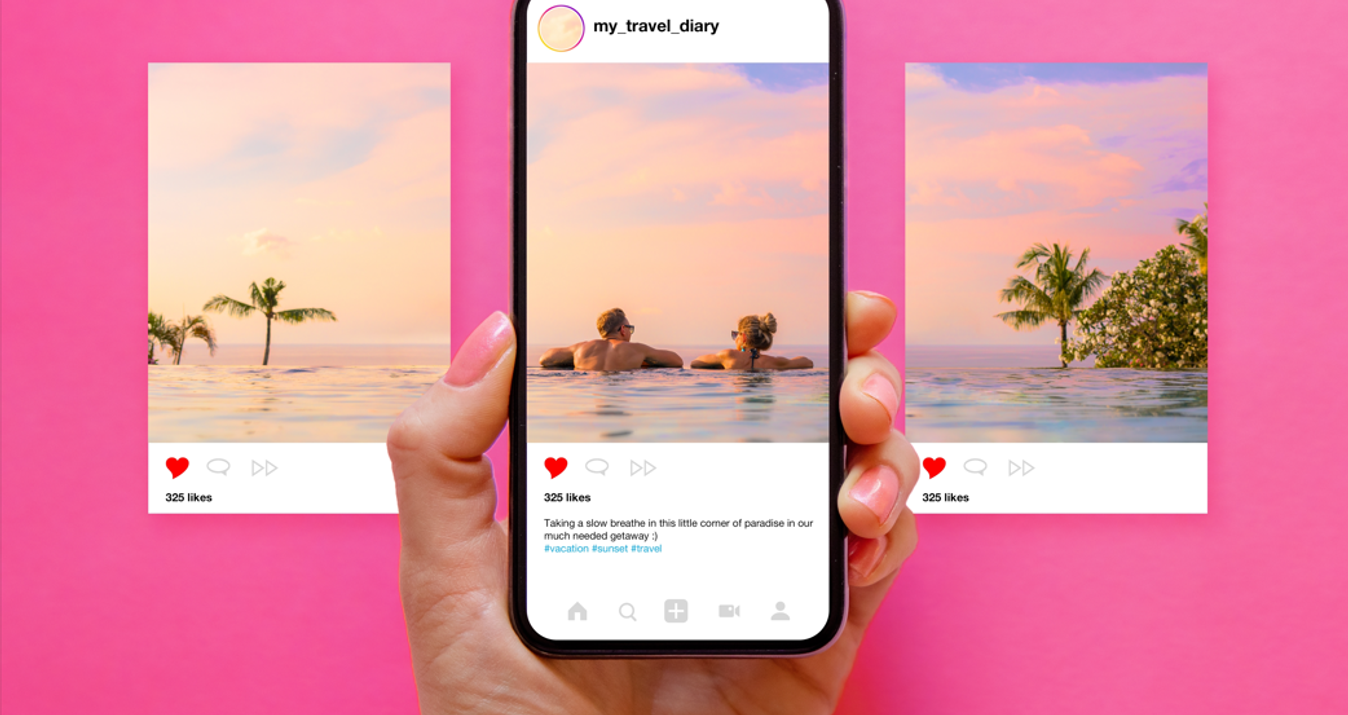What Is A Telephoto: A Complete Guide for Photographers
October 17, 2025
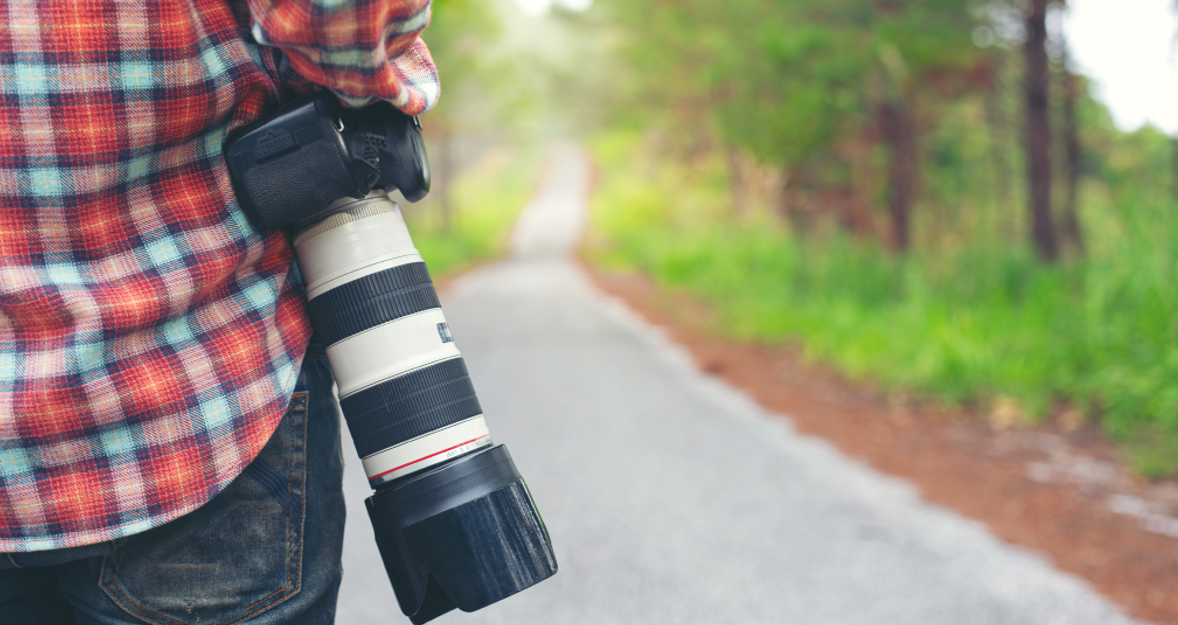
Use a telephoto and turn landscapes into layered graphics. Distant shapes become bold, readable forms.
If you’ve spent any time around serious photographers, especially those who shoot wildlife or sports, you’ve probably heard the term “telephoto” tossed around. Maybe you’ve even seen those massive lenses that look like bazookas and wondered what they’re actually for. Trust me, I’ve been there. The world of camera lenses can be overwhelming, but understanding the telephoto meaning is crucial for unlocking a new level of photographic potential. It’s more than just an optic that makes things look closer; it fundamentally changes the perspective and feel of your images.
What Is Telephoto Photography?
 Simply put, a telephoto lens is a camera optic with a long focal length. It’s designed to give you a narrow field of view, making distant objects appear magnified and closer than they are. The formal telephoto lens definition is any lens with a focal length significantly longer than the diagonal of the film or sensor format it’s designed for. For a full-frame camera, anything over 70mm is considered a long-focus optic, though in common usage, we often think of glass 100mm and up.
Simply put, a telephoto lens is a camera optic with a long focal length. It’s designed to give you a narrow field of view, making distant objects appear magnified and closer than they are. The formal telephoto lens definition is any lens with a focal length significantly longer than the diagonal of the film or sensor format it’s designed for. For a full-frame camera, anything over 70mm is considered a long-focus optic, though in common usage, we often think of glass 100mm and up.
Its true magic lies in its effect on perspective. It lessens the apparent distance between the objects in the scene. Consider two trees that are separated by fifty feet. When viewed through a wide-angle lens, they appear to be far apart. When taken with a long zoom element, they look much closer, almost stacked on top of each other. This method, called perspective compression, works well for visually telling stories.
Your AI-Powered Photo Editor for MacOS and Windows
Discover Now!Exploring the Varieties of Telephoto Lenses
When you start shopping for a long-focus optic, you’ll immediately notice two primary categories: zoom lenses and prime lenses. Choosing between them depends entirely on your budget, your photographic style, and your willingness to carry extra gear. A telephoto lens photography setup often includes a zoom optic for maximum versatility.
Telephoto Zoom Lenses
 A variety of focal lengths are available with long-range zoom lenses, such as the well-liked 70-200mm or 100-400mm. Their flexibility is their primary advantage; you can perfectly frame your shot without shifting your feet. When I’m shooting something fast and unpredictable, like a soccer match, I find that a zoom is absolutely necessary. It is extremely useful to be able to transition from a medium shot to a close-up in an instant. The versatility they offer is a big part of why many wonder, “Is telephoto lens worth it?” For a working professional or a serious hobbyist who needs adaptability, the answer is an overwhelming yes.
A variety of focal lengths are available with long-range zoom lenses, such as the well-liked 70-200mm or 100-400mm. Their flexibility is their primary advantage; you can perfectly frame your shot without shifting your feet. When I’m shooting something fast and unpredictable, like a soccer match, I find that a zoom is absolutely necessary. It is extremely useful to be able to transition from a medium shot to a close-up in an instant. The versatility they offer is a big part of why many wonder, “Is telephoto lens worth it?” For a working professional or a serious hobbyist who needs adaptability, the answer is an overwhelming yes.
Telephoto Prime Lenses
The focal length of telephoto prime lenses is fixed and can be 135 mm, 300 mm, or 600 mm. Primers typically have a wider maximum aperture (e.g., f/2.8), are lighter (for the shorter ones), and are sharper. This wider aperture is essential for shooting in low light and producing bokeh, which is that lovely, creamy background blur. You must ’zoom with your feet,’ but the better image quality usually makes the effort worthwhile. For a deep dive into shooting action, consider looking into what is the best lens for sports photography, where you’ll see prime glass frequently recommended for its speed and clarity.
Essential Telephoto Focal Lengths for Photographers
The term “telephoto” covers a vast range. Here’s a breakdown of the common and most useful focal length categories and what they’re generally used for.
Medium telephoto (85mm to 135mm): This range is often considered ideal for portrait photography. The focal length provides a flattering perspective, minimizing distortion, and the lenses are generally fast (wide aperture), allowing for stunning background separation. I find my 85mm is my go-to for headshots because it strikes the perfect balance of compression and working distance. For scenes that call for a wider perspective or environmental context, you might switch to something from the best wide angle Nikon lens lineup before returning to your telephoto for close isolation.
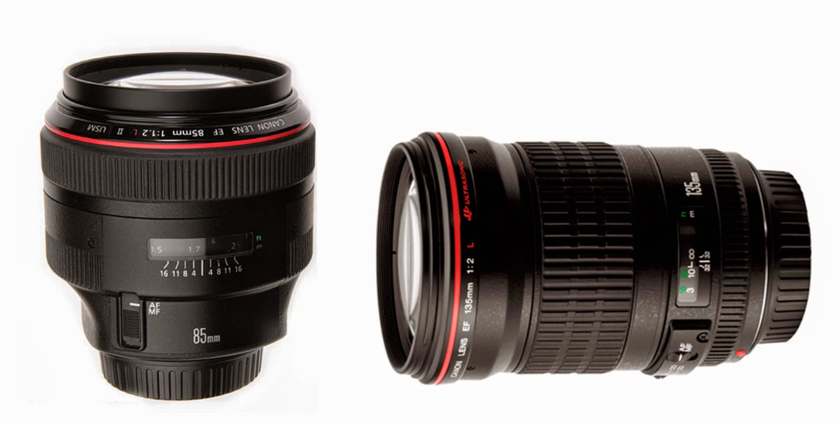
Long telephoto (200mm to 400mm): This is where you enter the world of serious reach. This range is excellent for pictures with telephoto lens of smaller subjects, such as capturing a bird perched high in a tree or getting a tight shot of a musician on a distant stage. It’s also where compression really starts to show its dramatic effect in landscape and street photography, turning everyday scenes into abstract compositions.
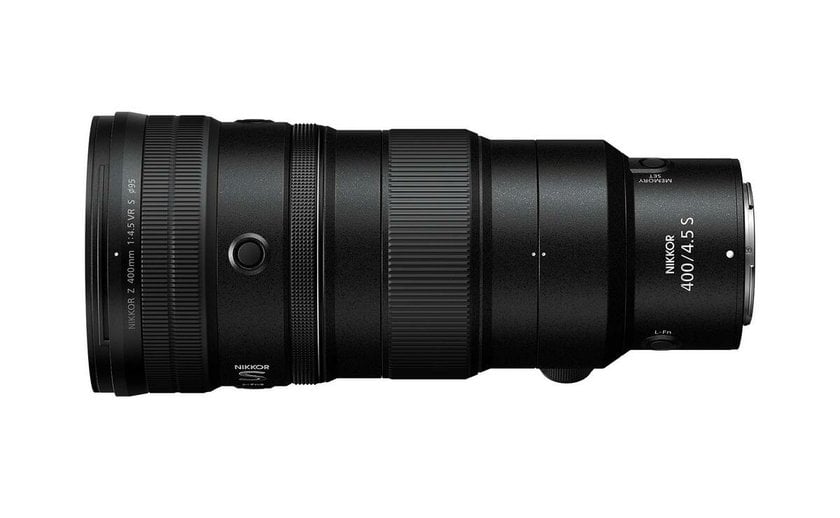
Super telephoto (500mm and beyond): These big guns are often f/4 or f/5.6 behemoths. The primary long-focus lens used for this length is serious wildlife and bird photography, or capturing distant astronomical objects. They require careful handling and, almost always, a sturdy tripod due to the extreme magnification of any camera shake.
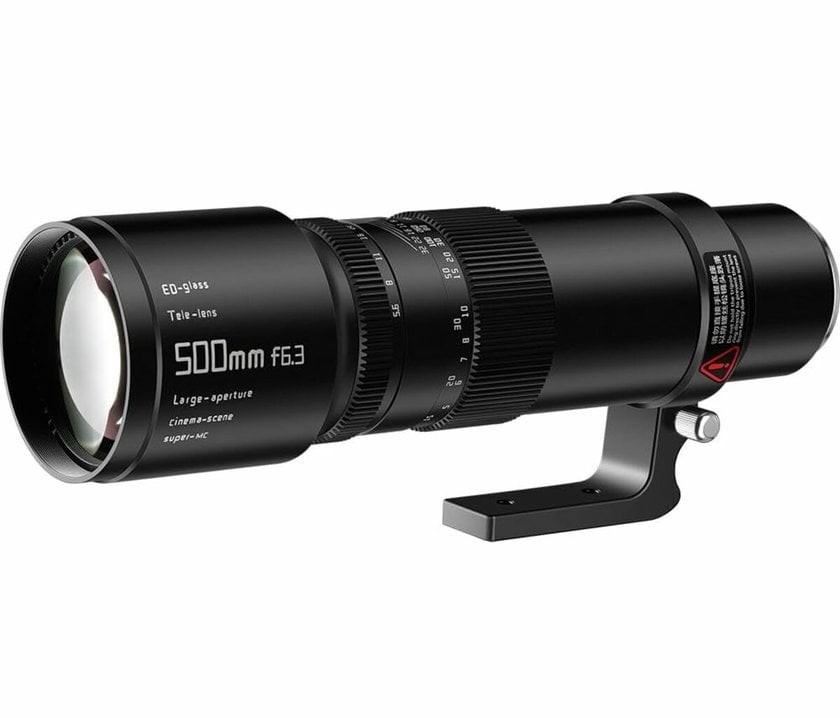
Ideal Photographic Subjects for Telephoto Lenses
While a telephoto lens can be used for almost anything, there are a few genres where it is absolutely indispensable.
Wildlife Photography
The most evident use is this. It’s ethical and safe to keep your distance when shooting animals, so a long focal length is not negotiable. A bear fishing in a river or a deer grazing at the edge of a forest are two examples of subjects that can be captured in an unobtrusive manner using a telephoto. In addition to isolating the animal from its frequently crowded environment, the compression makes the subject stand out.
Portrait Photography
As mentioned earlier, portraits are a common use for the medium telephoto range. The depth of field is more important than merely making the subject look good. With a long lens, the subject becomes the undisputed focal point of the picture by maximizing that beautiful background blur. It also allows you to have a comfortable working distance from the model. If a portrait has slight motion blur from hands or lens shake, use tools to remove blur from image carefully in post. I like being able to stand a little further back because it makes my subjects feel less self-conscious.
Landscape Photography and Skylines
While wide-angle lenses dominate landscape discussions, a long glass offers a profoundly different, often more intimate, view. You can concentrate on abstract elements instead of the expansive, sweeping view, such as the geometric patterns of distant sand dunes, the texture of a rock face, or a single tree on a far-off ridge. The telephoto compression is king when it comes to city skylines. It produces a dense, powerful image by making all the buildings appear to be crammed together. This tight framing and intentional focus on texture or line is where good photo structure comes into play. You’re selecting a small slice of the scene and organizing the elements within it for maximum impact.
Practical Techniques for Shooting Successfully With a Telephoto Lens
A long lens requires a different approach than a standard or wide-angle lens, so if you’re wondering “What are telephoto lens used for?”, remember the physics of magnification means that any tiny movement you make is dramatically amplified.
Pack a Tripod
 A strong tripod is your best friend when shooting in low light or at focal lengths longer than 200mm. It ensures the sharpest possible image by reducing camera shake. Keep in mind that this becomes more crucial the longer the lens. Look for a tripod and head with exceptional stability because even a slight breeze can cause movement if you’re using something longer than 400mm.
A strong tripod is your best friend when shooting in low light or at focal lengths longer than 200mm. It ensures the sharpest possible image by reducing camera shake. Keep in mind that this becomes more crucial the longer the lens. Look for a tripod and head with exceptional stability because even a slight breeze can cause movement if you’re using something longer than 400mm.
Crank Up Your Shutter Speed
 The general rule of thumb to avoid motion blur when hand-holding a lens is to use a shutter speed equal to or faster than the reciprocal of your focal length. For example, if you’re shooting at 400mm, your minimum shutter speed should be 1/400th of a second. I usually aim for a stop or two faster just to be safe. This addresses the magnified movement problem. You should always ask yourself, “Do I need a telephoto lens right now?”, and if the answer is yes, be prepared to adjust your exposure settings to compensate for the necessary fast shutter speed, which often means raising your ISO.
The general rule of thumb to avoid motion blur when hand-holding a lens is to use a shutter speed equal to or faster than the reciprocal of your focal length. For example, if you’re shooting at 400mm, your minimum shutter speed should be 1/400th of a second. I usually aim for a stop or two faster just to be safe. This addresses the magnified movement problem. You should always ask yourself, “Do I need a telephoto lens right now?”, and if the answer is yes, be prepared to adjust your exposure settings to compensate for the necessary fast shutter speed, which often means raising your ISO.
Turn on Image Stabilization
 Most modern telephoto lenses come with optical image stabilization (often labeled as VR, IS, or OS). What does a telephoto lens do with this feature engaged? It uses internal gyros to shift lens elements and counteract small, handheld jitters. Turn it on! It can often give you several “stops” of hand-holdable leeway, meaning you can shoot at a slower shutter speed than the reciprocal rule suggests. Just remember to turn it off when the camera is firmly mounted on a tripod, as the stabilization mechanism can sometimes introduce a slight blur.
Most modern telephoto lenses come with optical image stabilization (often labeled as VR, IS, or OS). What does a telephoto lens do with this feature engaged? It uses internal gyros to shift lens elements and counteract small, handheld jitters. Turn it on! It can often give you several “stops” of hand-holdable leeway, meaning you can shoot at a slower shutter speed than the reciprocal rule suggests. Just remember to turn it off when the camera is firmly mounted on a tripod, as the stabilization mechanism can sometimes introduce a slight blur.
Use a Remote Trigger
 Even pressing the shutter button on your camera can introduce enough vibration to cause blur when using a super telephoto lens. A simple remote shutter release, or using the camera’s two-second timer, will eliminate this final point of movement. This is a small, inexpensive tool that can make a huge difference in the sharpness of your final telephoto lens use images. When post-processing, applying an AI image touch up can often enhance the details captured with the long glass, but nothing beats getting it sharp in the camera first.
Even pressing the shutter button on your camera can introduce enough vibration to cause blur when using a super telephoto lens. A simple remote shutter release, or using the camera’s two-second timer, will eliminate this final point of movement. This is a small, inexpensive tool that can make a huge difference in the sharpness of your final telephoto lens use images. When post-processing, applying an AI image touch up can often enhance the details captured with the long glass, but nothing beats getting it sharp in the camera first.
Master the Art of Photo Clarity with AI-powered Sharpen Tool
Explore in Luminar Neo!Concluding Thoughts
 The telephoto lens is far more than a gimmick for “reaching” far-off subjects. It’s a fundamental tool that alters perspective, isolates subjects, and creates dramatic visual compression. A long-focus optic isn’t just a luxury; it’s a must if you take pictures of people, animals, sports, or even private landscapes.
The telephoto lens is far more than a gimmick for “reaching” far-off subjects. It’s a fundamental tool that alters perspective, isolates subjects, and creates dramatic visual compression. A long-focus optic isn’t just a luxury; it’s a must if you take pictures of people, animals, sports, or even private landscapes.
You do if you want to produce photos that have that polished, cropped, and isolated appearance. It will test your ability to perceive and arrange the world in new ways, rewarding you with pictures that are powerful, profound, and unquestionably impactful. One of the quickest ways to advance your photographic career is to add telephoto lens photography to your repertoire.












